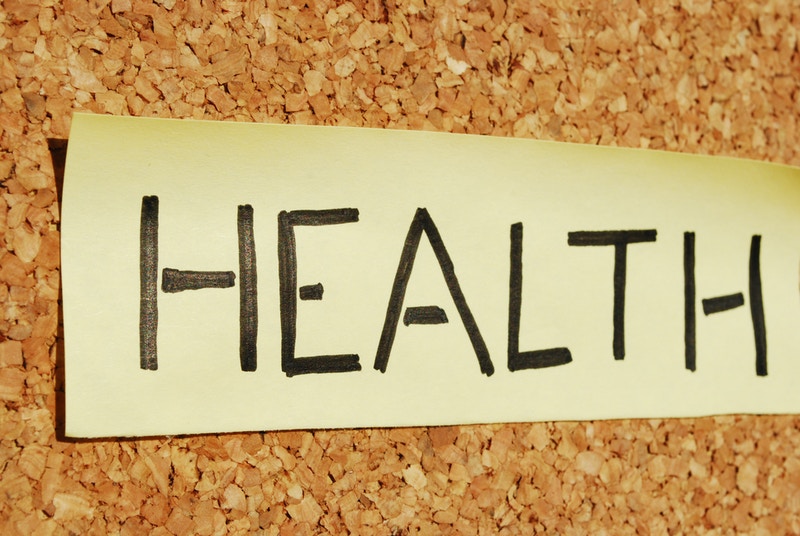

Pharmaceuticals are often the first treatment for a variety of medical disorders. It doesn?t matter if you have digestive disorders, insomnia, chronic migraines, or daily aches and pains, your physician is likely to prescribe you some type of medication. While medications do alleviate symptoms, they do not cure the cause of the pain. Additionally, medications, if necessary, should be used in conjunction with other treatments, and not as a sole treatment option.
Change of diet
Many studies show that diet affects health. It affects health in many ways, including pain levels, inflammation, and disease. Yet, a change of diet is never considered as a treatment option. To stay healthy requires healthy eating. Diets can also affect and cause digestive disorders. Between 2009 and 2010, there were 51 million visits (to physician offices, hospital outpatient and emergency departments) with diseases of the digestive system as the primary diagnosis. A large number of these patients are prescribed medication, but are never offered information about alternative therapies for digestive orders, such as a change in diet.
Daily exercise
Exercise is another key requirement to stay healthy. A large percentage of Americans do not receive the recommended amount of daily exercise. Exercise has shown to reduce chronic pain, improve strength, and encourage people to stay healthy. Exercise also releases dopamine, which is a natural pain reducer. While daily exercise may not prevent disease, it can be an effective part of the treatment process. When exercise is done daily, it can even reduce the number of pharmaceuticals that a person has to take.
Over the counter supplements
With a commonality of unhealthy diets, Americans also do not receive enough of the daily recommended vitamins. Specific dietary restrictions or preferences to certain food items also contribute to vitamin deficiencies. Over the counter supplements, however, can make up for these missing vitamins. These natural remedies can reduce inflammation, increase energy, and balance the body?s natural pain reduction mechanisms. Some vitamins can even promote healthier sleep. An estimated 50 to 70 million U.S. adults have sleep or wakefulness disorder. A lack of sleep also affects pain reduction and adds to disease.
Regular physician visits
Another important key to stay healthy is with regular physician visits. A lot of people only schedule appointments with their physicians when they are feeling ill or when they suffer an injury. Regular appointments, however, are important to overall health. When the physician is able to monitor routine blood work and changes in the body regularly, they can make better diagnoses and treatment recommendations. They can also provide consultation on medical issues that are commonly left untreated. Migraines, for example, remain undiagnosed and undertreated in at least 50% of patients, and less than 50% of migraines patients consult a physician.
Physical therapy
Physical therapy is recommended for pain treatment more than the other options listed, however, it is not used enough. Physical therapy is not only used for the rehabilitation of an injury, it is also used as an educational tool. Sometimes, it is necessary to educate patients on proper lifting and exercise habits. It can also be helpful to strengthen surrounding muscles of an injured area. Physical therapy can be effective in both injury and disease, yet is often under referred.
The pharmaceutical industry is a billion dollar business. When a patient has a medical concern, they are prescribed a medication to relieve the symptoms. Very rarely are they provided with a comprehensive treatment plan that also include dietary changes, daily exercise, physical therapy, regular physician checkups, and over the counter supplements. The combination of all of these points, rather than a simple medication, is usually the best recovery outcome.